Like DavidG said: the Logs you're showing us, show that the function PullRequest ran at least 3 times.
- Once where the
executing log line isn't visible, so the reason is not clear
- Once because the timer fired (@11:30:00)
- Once because it was programmatically called via the host APIs (AKA manually)
Your CRON expression */5 * * * * * roughly translates into 'run this every time the number of seconds is divisible by 5'. That wouldn't match with the logs you're providing. Are you sure that's the CRON expression you're using?
Azure Functions uses the NCronTab library to interpret CRON expressions. A CRON expression includes six fields:
{second} {minute} {hour} {day} {month} {day-of-week}
Taken from Timer trigger for Azure Functions - CRON expressions.
EDIT:
Functions running on a Timer Trigger are automatically triggered on the specified timer intervals. To have the Functions actually run, you (of course) need to have something running that executes that trigger. Otherwise: how can they be triggered?
In Azure, the Functions Runtime is responsible for triggering the Function at the right time. Locally, the func.exe tool that starts automatically when you debug the application will do this for you. But if that doesn't run, nothing will happen.
Azure Functions Core Tools lets you develop and test your functions on your local computer from the command prompt or terminal. Your local functions can connect to live Azure services, and you can debug your functions on your local computer using the full Functions runtime.
and
To run a Functions project, run the Functions host. The host enables triggers for all functions in the project.
Taken from Work with Azure Functions Core Tools.
In short: "The host enables triggers. It needs to run to have something that triggers any Function".


